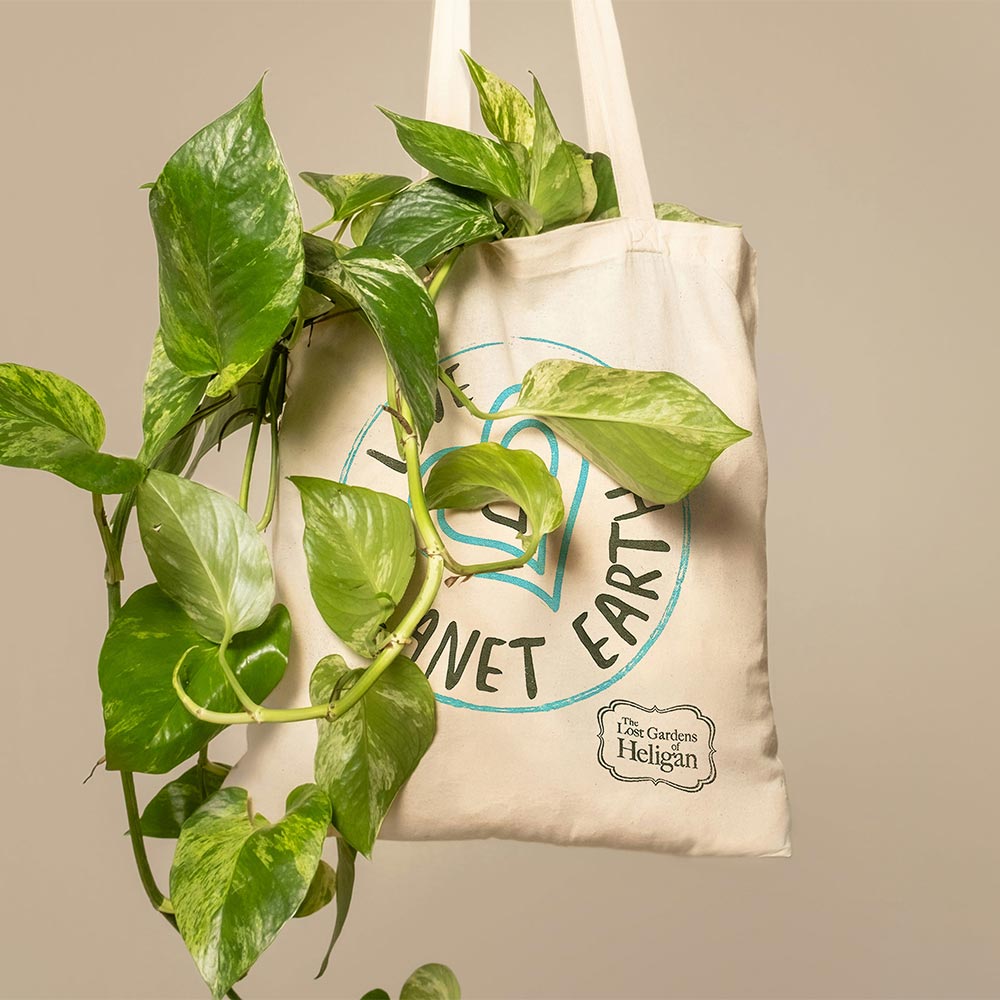
How Sustainable Bags Facilitated the Success of the UK Plastic Bag Tax
Sustainable Bags as the Clear Alternative
The plastic bag tax created an incentive for consumers to seek alternatives. Reusable bags, like cotton totes and jute, became the natural choice. Retailers quickly provided stylish, durable options, making sustainable bags an integral part of everyday shopping and helping consumers adopt more eco-friendly habits.
Raising Awareness and Shaping Behavior
The tax raised awareness of plastic’s environmental costs, but sustainable bags turned that awareness into action. By offering reusable bags as both a practical item and a statement of eco-consciousness, retailers made it easy for consumers to align their purchases with their values, driving long-term behavioral change.
Making Sustainability Mainstream
Sustainable bags helped make eco-friendly shopping mainstream. Retailers promoted reusable bags as desirable accessories, and small businesses tapped into growing demand for sustainable products. This shift made sustainable bags a key part of the shopping experience and helped consumers embrace sustainability.
Supporting Long-Term Change
Sustainable bags fostered lasting behavioral change. Over time, using reusable bags became second nature, driving broader shifts in consumption toward reusability. This habit extended beyond bags, creating a culture of sustainability that lasted well beyond the tax’s introduction.
Promoting the Circular Economy
Many sustainable bags are made from recycled or renewable materials, helping reduce waste and support the circular economy. By offering these bags, businesses encouraged consumers to think more sustainably about the products they use and helped promote recycling.
Shifting Consumer Expectations
The success of sustainable bags has raised consumer expectations. Today, shoppers expect brands to offer eco-friendly alternatives across product categories. Businesses that embraced reusable bags early on built strong loyalty, and the demand for sustainability continues to drive innovation.
Conclusion
While the plastic bag tax was an essential step, it was sustainable bags that truly facilitated the change. By offering a practical, stylish, and eco-friendly alternative, we are honoured to continue to shift consumer behavior toward sustainability. Together, the tax and sustainable bags have driven lasting environmental change, showing that small changes can have a big impact.



